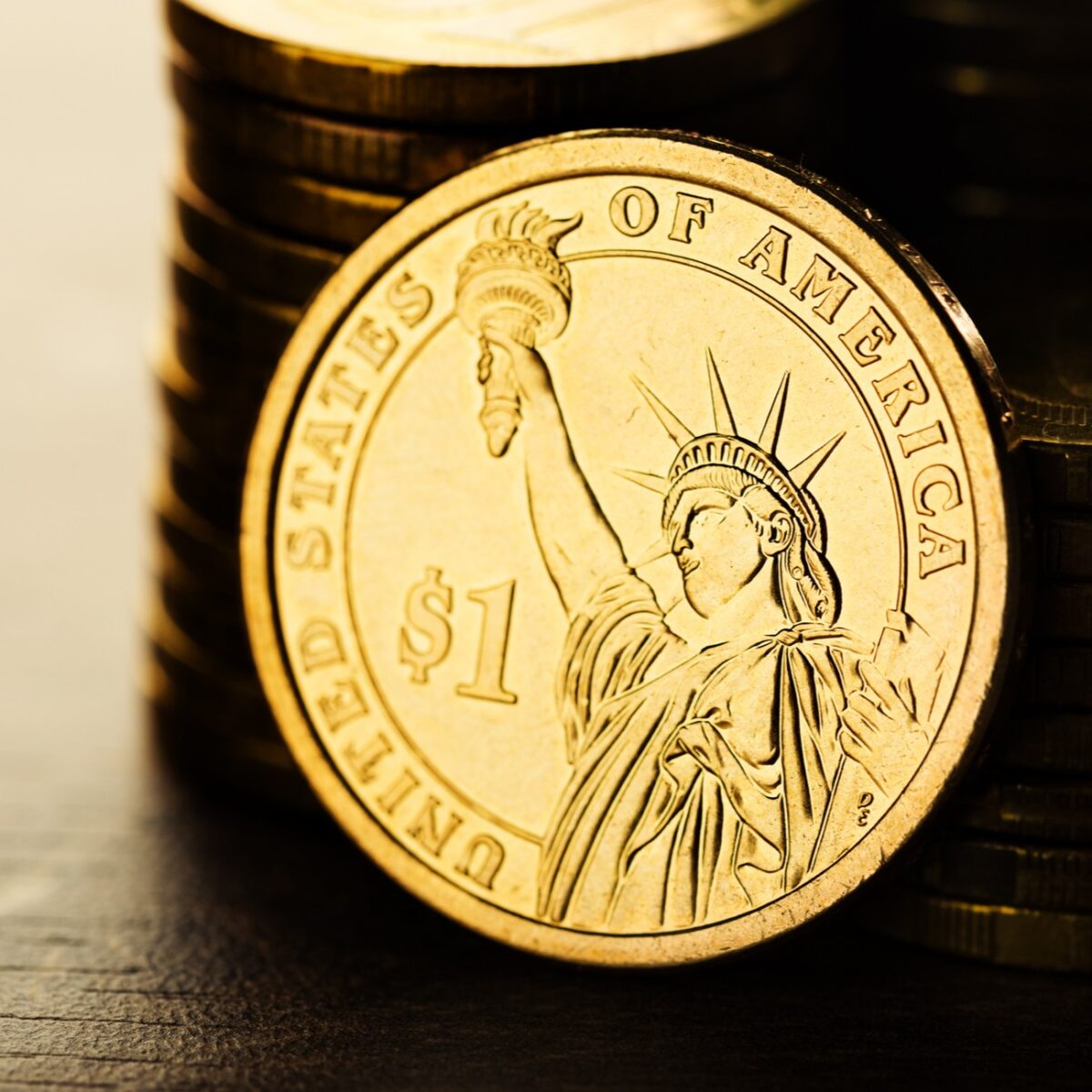PALO ALTO, https://felixdfpk407.mystrikingly.com/blog/fed-governor-says-central-bank-will-partner-with-mit-on-d065611c-2582-4a96-8c47-cece410533c9 Calif. (Reuters) - The Federal Reserve is taking a look at a broad series of concerns around digital payments and currencies, consisting of policy, design and legal considerations around potentially providing its own digital currency, Governor Lael Brainard said on Wednesday. Brainard's remarks recommend more openness to the possibility of a Fed-issued digital coin than in the past." By transforming payments, digitalization has the prospective to provide higher worth and benefit at lower expense," Brainard stated at a conference on payments at the Stanford Graduate School of Company.
Reserve banks globally are disputing how to manage digital financing technology and the distributed ledger systems used by bitcoin, which promises near-instantaneous payment at potentially low cost. The Fed is developing its own day-and-night real-time payments and settlement service and is currently evaluating 200 remark letters sent late in 2015 about the proposed service's design and scope, Brainard stated.
Less than two years ago Brainard informed a conference in San Francisco that there is "no engaging demonstrated need" for such a coin. However that was before the scope of Facebook's digital currency aspirations were extensively known. Fed authorities, consisting of Brainard, have raised issues about customer securities and information and personal privacy threats that might be postured by a currency that could enter use by the third of the world's population that have Facebook accounts.
" We are teaming up with other central banks as we advance our understanding of reserve bank digital currencies," she said. With more countries checking out releasing their own digital currencies, Brainard stated, that adds to "a set of factors to also be ensuring that we are that frontier of both research study and policy advancement." In the United States, Brainard said, issues that need study consist of whether a digital currency would make the payments system much safer or easier, and whether it could posture financial stability risks, consisting of the possibility of bank runs if cash can be turned "with a single swipe" into the central bank's digital currency.

To counter the financial damage Home page from America's unmatched national lockdown, the Federal Reserve has taken unprecedented actions, including flooding the economy with dollars and investing directly in the economy. The majority of these moves got grudging acceptance even from many Fed skeptics, as they saw this stimulus as required and something just the Fed might do.
My new CEI report, "Government-Run Payment Systems Are Risky at Any Speed: The Case Against Fedcoin and FedNow," details the threats of the Fed's present plans for its FedNow real-time payment system, and propositions for central bank-issued cryptocurrency that have actually been called Fedcoin or the "digital dollar." In my report, I go over concerns about personal privacy, data security, currency adjustment, and crowding out private-sector competitors and development.
Proponents of FedNow and Fedcoin state the government must create a system for payments to deposit instantly, instead of encourage such systems in the personal sector by raising regulatory barriers. But as kept in mind in the paper, the economic sector is providing an apparently endless supply of payment innovations and digital currencies to solve the problemto the extent it is a problemof the time space in between when a payment is sent out and when it is received in a bank account.
And the examples of private-sector development in this location are lots of. The Clearing House, a bank-held cooperative that has been routing interbank payments in various forms for more than 150 years, has been clearing real-time payments given that 2017. By the end of 2018 it was covering half of the deposit base in the U.S.